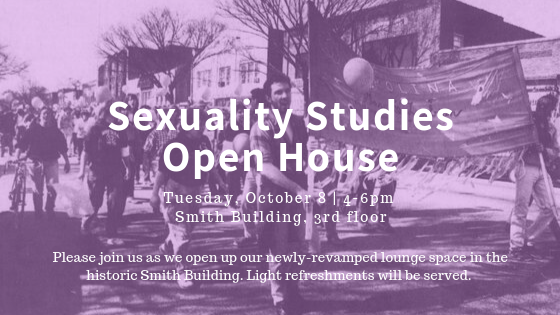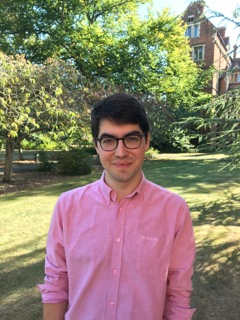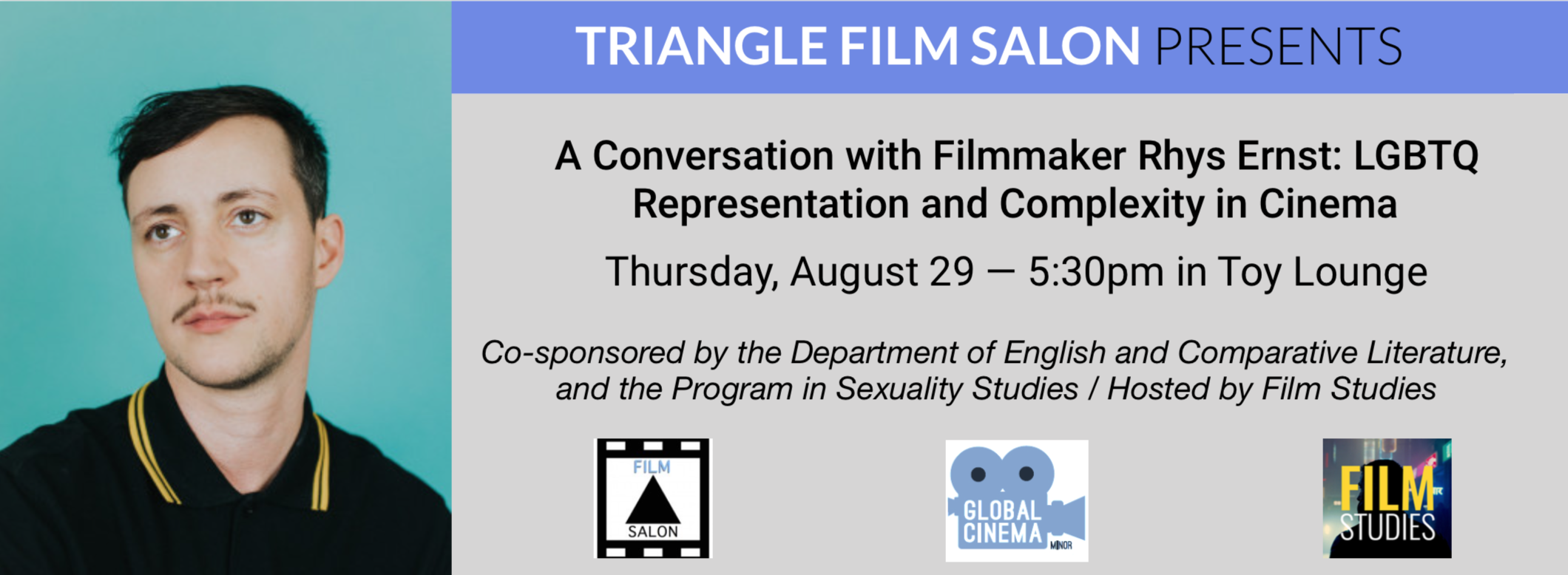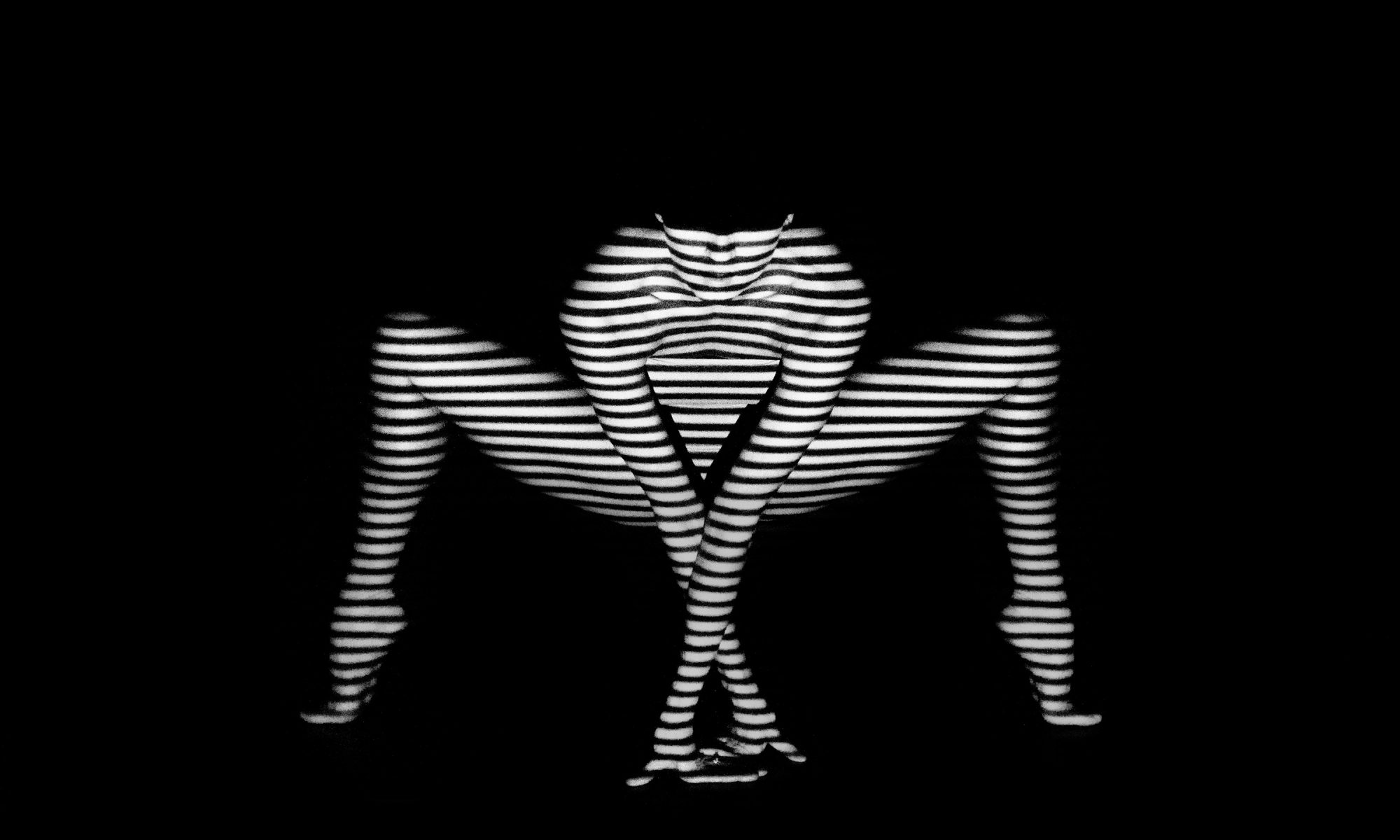New Spring 2016 Graduate Seminar
Communication 849: Seminar in Media and Identity
Professor: Cante
Wed 5:45-8:35pm
Hamilton Hall Room 423
“Media Pornography: The Issues”
This seminar will use pornography—and claims about it—to approach whole clusters of issues that are crucial for thinking not only about what sexuality is and how it operates, but also what media and technology are, what roles they play in our lives, and what roles we want them to play in our lives.
This will include the consideration of LGBTQI representations and identities just as much as it will involve the consideration of heterosexual representations and identities. When the former are appropriately taken into account, the longstanding popularity of pornography (and its unpopularity) appears to involve significantly different issues than it does when LGBTQI representations and identities are excluded, marginalized, or ill-considered. So do questions about precisely what is at stake in scholarly attention to pornography.
One of the overarching concerns of this class will be media pornography’s complex status as historical evidence. In pornography and in discussions of it, human beings have created a remarkable archive of materials that almost obsessively document all manner of social, cultural, intellectual, political, aesthetic, moral, and even biological change and upheaval. Very important rifts about such shifts are also recorded there. In fact, certain aspects of these contestations are not really documented elsewhere, and some are not really documented elsewhere with equivalent accessibility.
In part so that we can thoroughly explore some of the more specific complications that are wrapped up in that overarching concern, this course will be fundamentally interdisciplinary. I use this word in its strictest, most technical, and most extreme senses. Various sorts of knowledge, counter-knowledge, emotion, pleasure, danger, harm, rumination, critique, and so forth can be seen in pornography and its histories if you know how to see them there. But distinct disciplines and fields invent and advocate very different techniques for looking into such a phenomenon. They can therefore lead us to see, and to not see, essentially different things in it. Reflection upon various involved formations of thought and practice is especially necessary where this topic is concerned, since it now seems that arguments about it at certain points in time may have had as much to do with this as anything else. Even beyond Aesthetics, Art, Cinema, Computing, Economics, Ethics, Gender Studies, Information Studies, Journalism, Law, Marketing, Mass Communication Research, Medicine, Psychoanalysis, and Public Health–not to mention, say, something like Sexology–the list of seemingly crucial ones continues to go on and on.
However, the constantly changing gaps and fissures between such institutional and popular formations of thought might be even more important. This is the “dark matter” or “white space” from which the future largely emerges, and where the differential assumptions, tenets, facts, findings, and phantasies attached to reigning forms for knowledge and experience contradict one another and partially cancel each other out. In the process, newer configurations, as well as newer aporias, are also partly produced “there.” These conflicts, contradictions, and negations seem especially important in the workings of pornography. And approaches that take such aporias as primary can be especially helpful in explaining its encircling confusions, ambiguities and ambivalences as well as the brands of certainty that get more or less ephemerally attached to all that we think we know and feel about it. Furthermore, such approaches can offer dynamic modes and models of the kinds of analytical precision, acuity, and creativity that cannot at times be produced from more squarely within purportedly separate and autonomous divisions of the humanities, the social sciences, the sciences, and the schools of professional knowledge.
Consistent with everything that both Sexuality Studies and Media/Technology Studies have to offer when they are taken as necessarily interdisciplinary areas of study in the great chaos of the contemporary, this seminar is designed for graduate students in any department or discipline. Students need only be willing to grapple with the sometimes-prohibitive opacities of Other intellectual traditions and their modi operandi, and to be sometimes seriously frustrated in their attempts to sort through and decipher the entailed norms, values, eloquences, and silences.
Books will include the following, in whole or in part: Agamben, Nudities; Berlant (Ed.), Intimacy; Berlant/Edelman, Sex, The Unbearable; Bersani and Philips, Intimacies; Cornell (Ed.), Feminism and Pornography; Crimp, Our Kind of Movie; Dean, Ecstasy Unlimited; Dean (Ed.), Porn Archives; Foucault, The History of Sexuality; Kipnis, Bound and Gagged; Krauss, Male Beauty; McGlotten, Virtual Intimacies; Nash, The Black Body in Ecstasy; Osterweil, Flesh Cinema; Paasonen, Carnal Resonance; Penley et al. (Eds.), The Feminist Porn Book; Plato, Symposium; Williams, Hard Core; Williams (Ed.), Porn Studies; Damon Young, Making Sex Public; and Ian Young, The Stonewall Experiment. Shorter selections by some of the following writers: Philip Alcabes, Karen Barad, Jean Baudrillard, Eugenie Brinkema, Judith Butler, Steven Epstein, Jennifer Evans, Sigmund Freud, Elizabeth Grosz, Amy Herzog, David Johnson, John Durham Peters, Adam Philips, Dougal Philips, Claire Potter, Alan Soble, Jennifer Ward, Michael Warner, and Slavoj Zizek. A number of audio, visual, and moving-image works will also be required. Some of these will be works that have been much discussed. Others will be more randomly selected.
Main assignment: draft of an interesting and eventually publishable article for an academic publication, 25-30 pages before notes and references.





